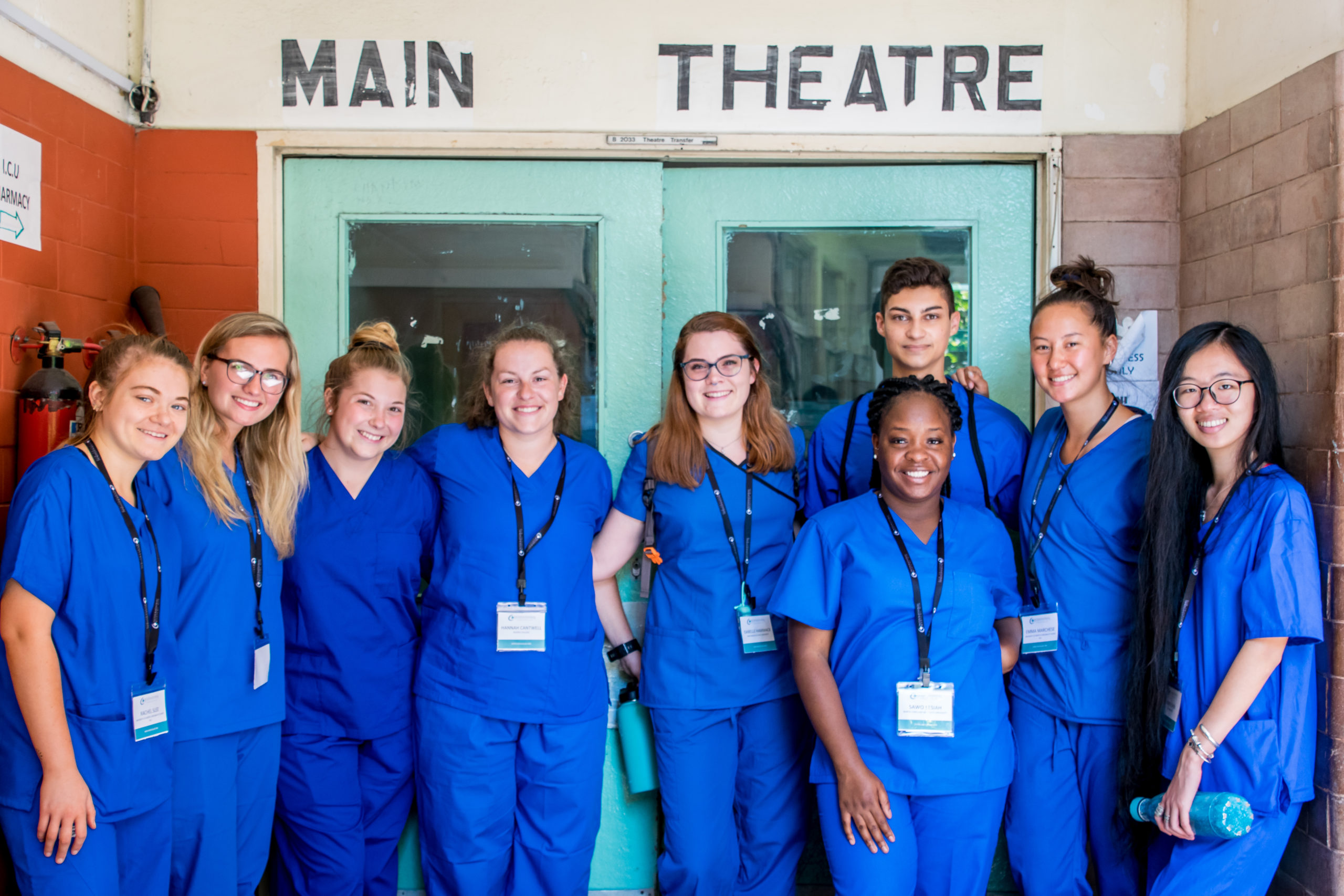Do you want a fulfilling career that makes a difference in students’ lives? Or have you ever been in a position where you didn’t get the support you needed from a school counselor and promised yourself that, given a chance, you’d make it possible for students to have a more positive experience?
A path worth considering is becoming a school counselor. As one, you will have the opportunity to profoundly impact students’ lives, helping them navigate their academic, personal, and social challenges. Through career and personal development counseling, you can impact their future success.
Is there a real need for school counselors? On average, the ratio of students to school counselors in high schools is 311:1, and only 20% of high school students attend a school with adequate school counselors. Consequently, around 11 million high school students are in schools that need more counseling resources.
This article highlights the educational requirements, training and internships, certifications, and motivations that drive individuals toward this challenging but fulfilling profession.
Education and Certification Requirements
To become a school counselor, you will need a minimum of a master’s degree in school counseling or a related field. It is essential to select an accredited program that meets the licensing requirements in your state. These programs typically involve coursework in counseling theories, child and adolescent psychology, educational psychology, and crisis intervention.
Moreover, most states require aspiring school counselors to complete a supervised internship or practicum experience. This practical training provides crucial hands-on experience working with students, teachers, and parents.
After completing your educational requirements, you must obtain a state-issued license or certification. Each state has specific guidelines and requirements, so research and comply with the regulations in your area. Obtaining the necessary certification demonstrates your competence and professionalism as a school counselor.
Relevant Experience
While pursuing your education, gaining relevant experience in education and counseling is advisable. Among the most productive ways to achieve this is by pursuing the following activities:
- Consider Mental Health Internship Programs: Not everything can be learned in the classroom, and when it comes to counseling, a valuable internship program with real-world scenarios is a must. Look for programs in the local setting, or if you are inclined to study abroad for a more diverse experience, choose a program with extensive shadowing of mentors.
Ideally, the program is recognized for credits, but even if it isn’t, check if the specialties are aligned with your goals. For instance, since you want to become a guidance counselor, exposure to adolescent counseling, alcohol, and drug abuse treatments, and the like are essential.
- Volunteer or Work in Educational Settings: Consider volunteering at schools, summer camps, or other educational programs. This hands-on experience will help you better understand the learning environment and students’ challenges.
- Shadow a School Counselor: Reach out to local schools and request the opportunity to shadow a school counselor. This experience will provide valuable insights into this role’s day-to-day responsibilities and tasks, as it spans dealing with a variety of challenges, from academic advising to mental health support.
- Join Professional Organizations: Get a glimpse of what’s in store by becoming a member of the American School Counselor Association (ASCA) or state-level counselor associations. These organizations offer networking opportunities, professional development resources, and access to industry-related information. Doing so will expose you to college or university counselors and other school professionals you can network with. This offers an opportunity to liaise with career or job placement sites.
Motivations and Insights behind the Role
The role of a school counselor is an influential one. However, becoming a school counselor requires the appropriate education, certifications, certain motivations, and insights. The following is what sets potential counselors apart:
- Desire to Make a Difference: Through their work, school counselors directly impact students’ growth and development. They guide students through academic challenges, help them explore future career paths, and provide them with the tools to navigate personal and social issues.
- Empathy and Understanding: School counselors often have a profound sense of empathy and understanding. They recognize that each student’s experience is unique and that various social, emotional, and environmental factors can affect their school performance.
For instance, they are trained to spot students with learning or developmental difficulties. They are motivated to find healing ways to help kids from fragmented families, low social-income groups, or abusive environments. - Commitment to Student Development: They’re not just focused on academic success but also on holistic student development. Counselors guide students in developing essential life skills, such as problem-solving, decision-making, and effective communication. They can provide tailored support to help students overcome challenges in school so they can achieve their academic or work-related goals.
Developing Essential Skills
To excel as a school counselor, you must cultivate a range of skills that will support your interactions with students, teachers, and parents. Here are some essential skills for a school counselor:
- Empathy: The ability to understand and resonate with the thoughts and feelings of others is crucial in providing effective counseling and guidance.
- Active Listening: Listening attentively and without judgment is key to building rapport and understanding the concerns of students and their families.
- Communication: Communication skills are essential for effectively conveying information and collaborating with students, colleagues, and parents.
- Problem-Solving: School counselors frequently encounter complex issues and must be skilled in assessing situations, analyzing problems, and developing appropriate solutions.
- Organization: The ability to manage multiple tasks, deadlines, and responsibilities is crucial in the fast-paced environment of a school.
Roles and Job Prospects
Becoming a school counselor means wearing many hats because they manage various academic and non-academic tasks. They guide students academically, assist with college applications and career advice, support students struggling academically, intervene in academic issues, and help with standardized testing preparation.
Their non-academic responsibilities include providing social and emotional counseling, resolving conflicts, intervening in crises, referring students to external resources, organizing preventive programs, collaborating with staff and parents, and maintaining their professional development. These roles may vary based on the school, student age, district policies, and other factors.
The demand for school counselors, projected to grow by 10% from 2021 to 2031, will be driven by the increasing recognition of their crucial role in promoting academic success and mental wellness among students.
As for salary, the median annual wage for school and career counselors was $58,120 in May 2020. However, salaries can vary depending on educational qualifications, years of experience, and the region where you work.
Conclusion
Becoming a school counselor is a fulfilling career choice for those passionate about positively impacting students’ lives. You can embark on this rewarding journey by following the steps outlined in this article, including obtaining the necessary education and certification, gaining relevant experience, and honing essential skills.
Remember, becoming a guidance counselor requires dedication, empathy, and a genuine desire to support student’s academic and personal growth. So if you have a passion for helping others and a dedication to education, why not consider becoming a school counselor? Your future students will thank you.




